 |
 |
 |
 |
 |
 |
 |
New Laws for China’s Catholics:
Total Submission to the Communist Party
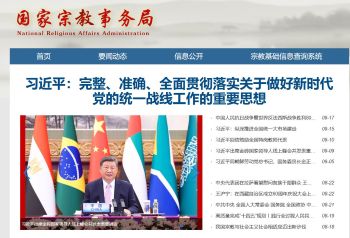
An official document leaves the Catholic Underground Church without any rights or defense
Let’s start with the basics. The regulation applies to all religious clerics operating within China – including those from Hong Kong, Macau, Taiwan, and even foreign clergy active on the mainland. A complete regulation translation is offered at the end of this article.
Online preaching and religious education are permitted only via platforms operated by registered religious organizations (temples, churches, seminaries) that hold a government-issued Internet Religious Information Service License. Personal social media accounts, livestreams, WeChat groups, or informal forums are strictly off-limits for religious instruction.
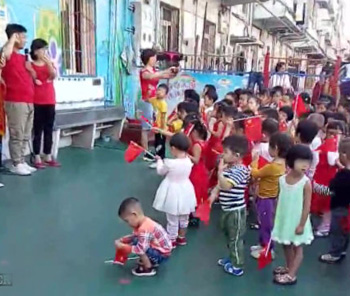
Children indoctrinated in State Communism from kindergarten, but religious education forbidden
“Extremism” and “heresy” are explicitly outlawed, including promotion of “xie jiao,” “superstitions,” or “non-mainstream” religious ideologies.
Targeting minors is prohibited. Clergy may not evangelize to underage users or organize youth religious camps or training. Commercialization is a no-go. There should be no fundraising, selling religious merchandise, or monetizing religious activities online. AI evangelism is also off the table. Clergy may not use generative AI to produce or disseminate religious content. Violators may face administrative penalties, including suspension of religious credentials, closure of online accounts, and even criminal investigation. Platforms hosting non-compliant content may be ordered to restrict, warn, or shut down offending accounts.
The regulation is not just about behavior – it is about ideological alignment. Clergy are required to uphold the leadership of the Communist Party, promote socialist values, and support the “Sinicization” of religion – a term that, in practice, means aligning religious doctrine with State ideology.
In other words, religious expression must be patriotic, party-friendly, and culturally sanitized, a “preaching with Chinese characteristics.”
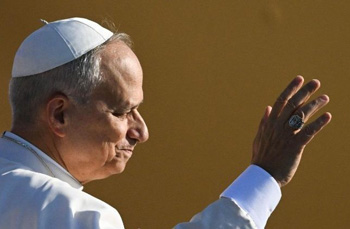
Pope Leo emboldens the State to make more restrictions on Catholics
This is not the first time China has tightened its grip on religious life, but it may be one of the most technologically invasive. In the age of digital ministry, where sermons stream and prayers ping, the regulation feels like a deliberate attempt to unplug the sacred from the social.
The clergy may still speak – but only through the Party’s megaphone.
Article 1: These regulations are established in accordance with the Regulations on Religious Affairs, the Measures for the Administration of Religious Clergy, the Measures for the Administration of Internet Information Services, the Measures for the Administration of Internet Religious Information Services, and other laws and regulations, to regulate the online conduct of religious clergy and maintain order in the internet religious field.
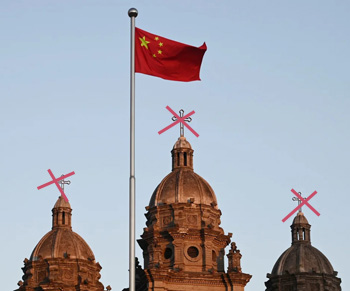
The national flag flies high in front of St. Joseph's Church in Beijing; the crosses have been removed
Article 3: Religious clergy should uphold the core socialist values, follow the principle of independence and self-management of our country’s religions, adhere to the Sinicization of our country’s religions, actively guide religions to adapt to socialist society, and promote religious, social, and ethnic harmony when using the Internet.
Article 4: Religious clergy engaging in online activities outside their official capacity must follow national laws, regulations, and relevant rules on religious affairs management; when registering and using public online accounts for sharing information and instant messaging as religious clergy, they are required to submit their clergy certificates to internet service providers for verification.
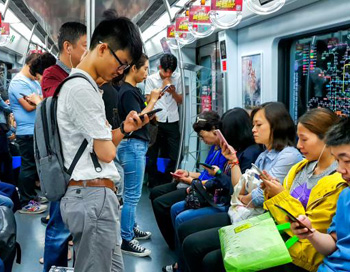
Iphones are omnipresent, but tightly regulated by the State; no prosletyzing allowed
Article 6: Religious clergy should develop good online habits, intentionally resist negative online culture, and must not self-promote or use religious topics and content to attract attention and traffic.
Article 7: All information produced, copied, stored, published, and shared by religious personnel via the internet must not contain content that incites subversion of State power, opposes the leadership of the Chinese Communist Party, undermines the socialist system, national unity, ethnic harmony, social stability, or interferes with the enforcement of national judicial, educational, marriage, and social management systems.
Article 8: Religious clergy must not collude with foreign forces over the internet, nor support or participate in foreign religious infiltration activities.
Article 9: Religious clergy must not display, wear, or promote extremist religious clothing online, spread extremist religious ideas, incite religious fanaticism, or promote extremism, terrorism, or ethnic separatism.
Article 10: Religious clergy must not spread religious ideas or induce religious beliefs in minors through the Internet, organize minors to participate in religious education and training, summer (winter) camps, or organize or force minors to participate in religious activities.
Article 11: Religious clergy shall not promote xie jiao or heretical Buddhist sects online, nor engage in feudal superstitions such as fortune-telling, divination, and astrology.
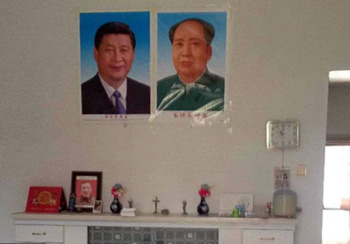
A home altar carefully displays large photos of Xi & Mao over the small cross & religious pictures
Article 13: Except for the circumstances specified in Article 5 of these Regulations, religious clergy shall not preach through live broadcasts, short videos, online meetings, WeChat groups, WeChat Moments, etc.; shall not organize or participate in online religious activities such as ceremonies, worship, and masses, as well as religious rituals such as burning incense, offering to Buddha, chanting scriptures, receiving precepts, and baptism; and shall not carry out online learning and training with religious overtones or content, such as “meditation,” “purification,” and “healing.”
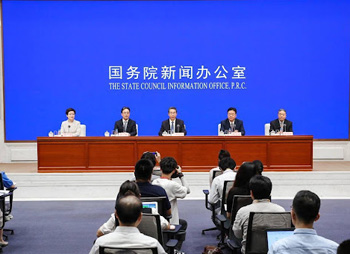
A mandatory state education conference
for all clergy & religious
Article 15: Religious clergy shall not distribute or share internal religious publications or illegal publications through the Internet.
Article 16: Religious clergy shall use generative artificial intelligence products and services per the law and must not use AI technology to preach, produce, publish, or disseminate illegal information or participate in illicit activities.
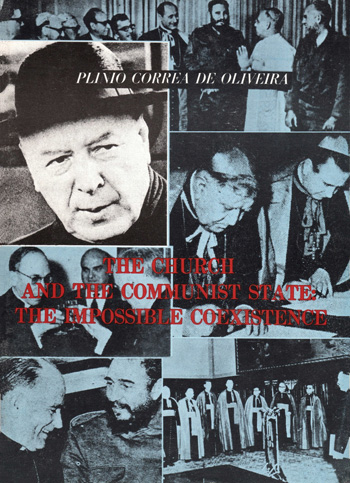
In The Church & Communist State: Prof. Plinio warns that ‘pacts’ that placate Communism bring the State huge benefits & leave Catholics without the faith
If violating clergy are registered users on an online religious information platform, the department shall collaborate with the Internet Information Office and public security organs to require the platform provider to take measures such as warnings, corrections, restrictions, or account closures in accordance with law and contract.
Article 18: Religious clergy who engage in online activities through overseas website platforms must comply with these regulations. Religious clergy from Hong Kong, Macao, and Taiwan, as well as foreign religious clergy, should refer to these regulations when conducting online activities within the country.

 Volume I |
 Volume II |
 Volume III |
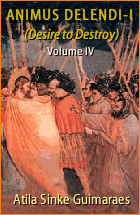 Volume IV |
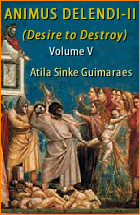 Volume V |
 Volume VI |
 Volume VII |
 Volume VIII |
 Volume IX |
 Volume X |
 Volume XI |
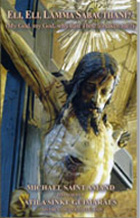 Special Edition |


